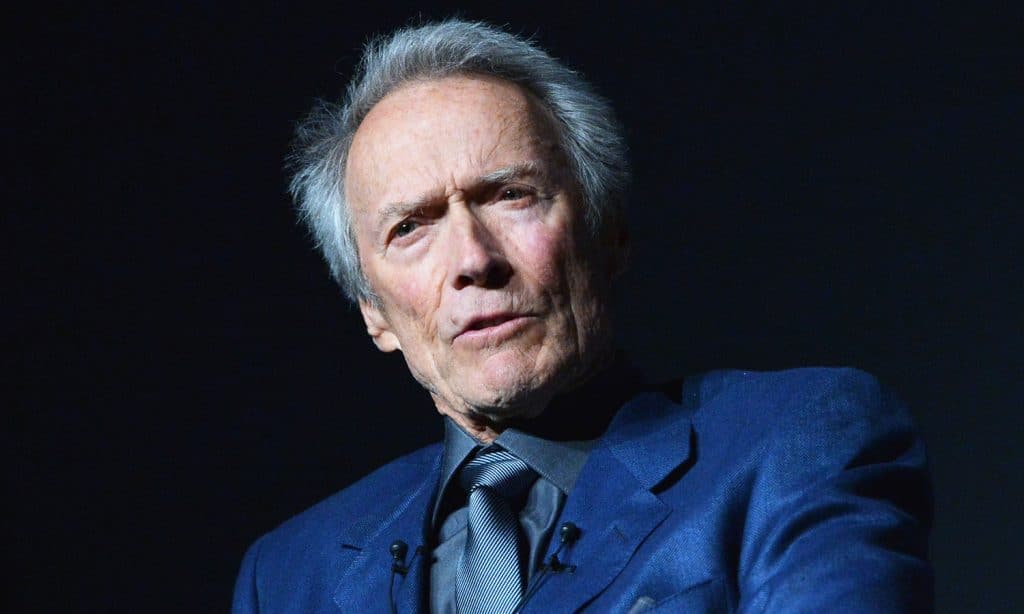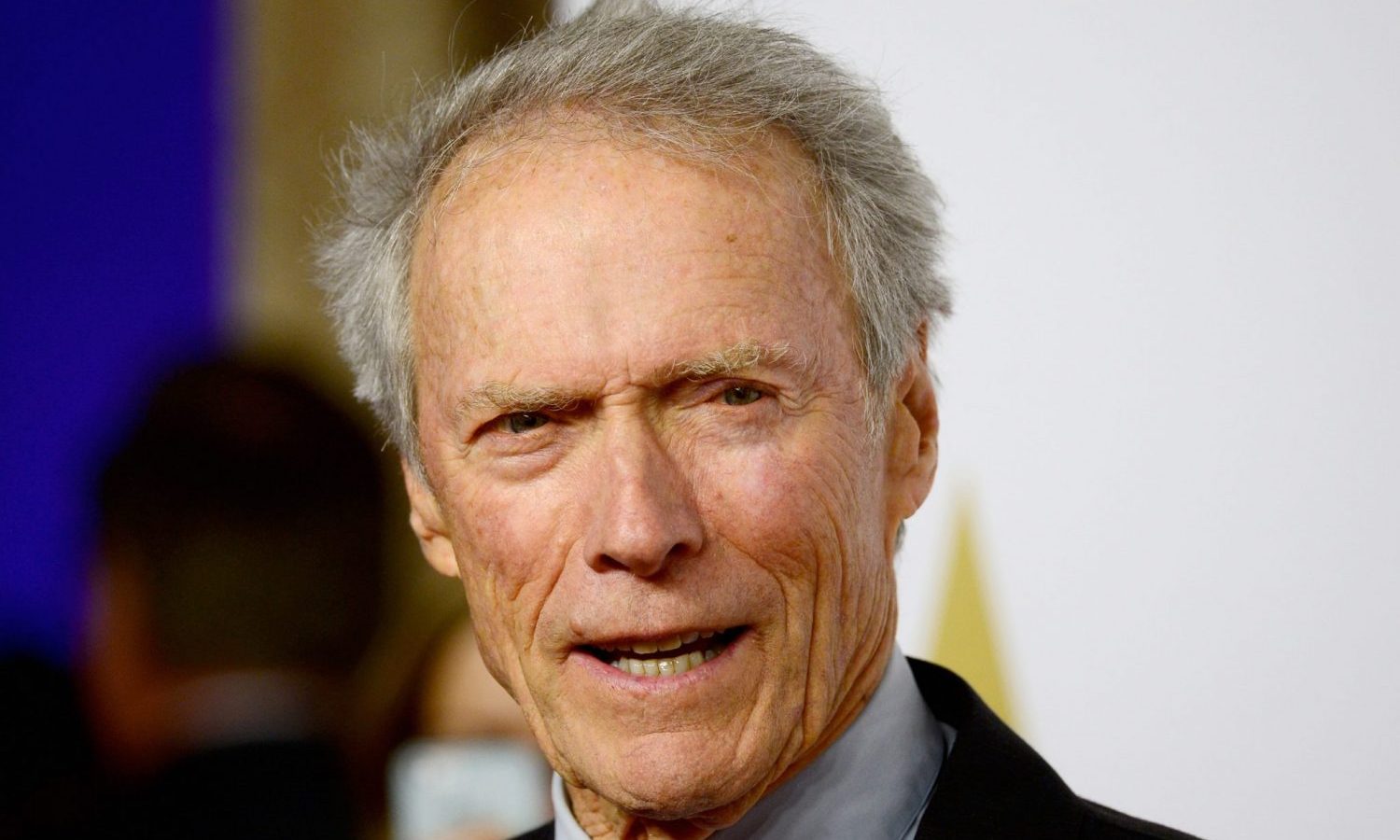Mediatonas UAB published fake interviews with the actor that gave the impression he endorsed the company’s CBD and was considering retirement from filmmaking to focus on the CBD industry.
By Phil Hall
Clint Eastwood may have stumbled at the box office with the release of his latest film “Cry Macho,” but the 91-year-old actor/director scored a $6.1 million victory against a Lithuanian cannabidiol (CBD) company that used his name and image in their product marketing without his permission.
What Happened: According to a New York Times report, Eastwood and Garrapata, the company which owns the rights to his likeness, was awarded $6 million in damages, $95,000 to cover legal fees and a permanent injunction against the future use of his name or image by Mediatonas UAB, which published fake interviews with Eastwood that gave the impression he endorsed its CBD and was considering retirement from filmmaking to focus on the CBD industry.

“In truth, Mr. Eastwood has no connection of any kind whatsoever to any CBD products and never gave such an interview,” said the lawsuit, which was filed in Los Angeles federal court in July 2020.
Eastwood’s legal victory was a default judgment because Mediatonas UAB did not respond to a summons issued in March to appear in court to answer the charges.
What Else Happened: Eastwood filed two additional lawsuits in this matter. The first was against three CBD companies — Sera Labs Inc, Greendios and For Our Vets LLC — that he accused of creating the fraudulent interviews and distributing them in spam emails with the subject line: “Clint Eastwood Exposes Shocking Secret Today.”
The second lawsuit was aimed at 10 U.S. companies and individuals he accused of inserting his name in hidden metatags designed to direct online searches to their CBD-related webpages.
RELATED: Clint Eastwood Confirms He’s Not Quitting Movies To Sell Cannabis
“Like many of his most famous characters, Mr. Eastwood is not afraid to confront wrongdoing and hold accountable those that try to illegally profit off his name or likeness,” Eastwood’s lawsuit stated.
However, Eastwood was unable to get the court to side with him on his claim that the unauthorized use of his name and image accounted for defamation claims.
“It requires additional context to understand what CBD products are and why a person like Clint Eastwood would not endorse a marijuana-based product,” Judge R. Gary Klausner wrote in his ruling, adding that the language used “was not libelous on its face.”
This article originally appeared on Benzinga and has been reposted with permission.


